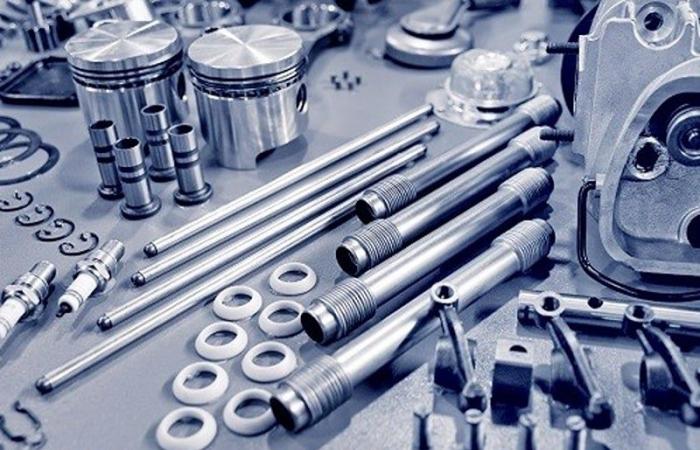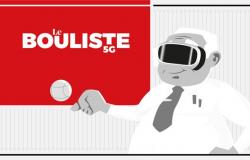The National Targeting Unit transmitted precise information to the central and regional customs control teams, in order to verify the accounts of those whowe nickname the “ baron» automobile spare parts.
This operation involves examining the import, storage and distribution transactions of large, well-known companies suspected of being involved in fraud and customs evasion in previous operations. According to these sources, the checks will take the form of post-clearance checks on goods recently imported and stored in the warehouses of the companies concerned, as well as in their points of sale located in Casablanca, Tangier and Marrakech.
The same sources indicate that the information transmitted by the National Targeting Unit includes suspicions of manipulation in the invoicing of imports of spare parts for cars and vehicles of various brands. These parts were allegedly purchased from suppliers in Europe and Asia. Importing companies are said to have reduced the declared value of products in collusion with their suppliers, thus depriving the public treasury of substantial customs revenue.
The discovery of these invoicing irregularities was possible thanks to an expanded exchange of data with partner customs services in several countries, as part of international cooperation against fraud. This process made it possible to identify the real and current values of the products at the time of their importation, some having been resold at record prices on the local market.
The sources of Hespress specify that the audit will also include the verification of certificates issued by quality and conformity laboratories accredited by the Ministry of Industry and Commerce for these imported parts, in order to guarantee the authenticity and regularity of the associated procedures . Furthermore, analyzes carried out by the National Targeting Unit on data from the General Directorate of Taxes revealed that importers of automobile spare parts have made record profits over the last three years. These profits are linked to the increase in prices of these products on the local market and the increase in demand, particularly after the disruptions to global production chains caused by the Covid-19 pandemic. Importing companies also took advantage of customs restrictions on imports of used parts to increase their turnover.
Furthermore, it should be noted that the prices of automobile spare parts have recorded a spectacular increase, whether new or used parts. The prices of components for the most popular models in Morocco have increased by 30 to 50% among distributors, depending on their level. Parts for Asian cars, which are almost monopolized by certain distributors, particularly in Casablanca, have seen even greater increases. This situation has also encouraged the rise of “adaptable spare parts” — products that are not original, but meet approved quality and measurement standards.
Sources of Hespress reveal that many spare parts importers have diversified into other commercial activities, notably real estate development. They founded companies and launched projects in different regions of Morocco, mainly in Casablanca and Marrakech. These new checks are part of the regular surveillance and vigilance plans established each year by the General Directorate of Customs and Indirect Taxes. These controls target specific sectors, identified as presenting a high risk of customs fraud.






